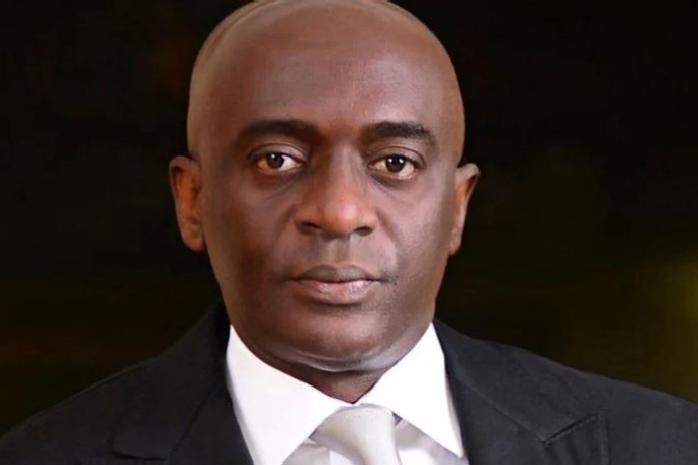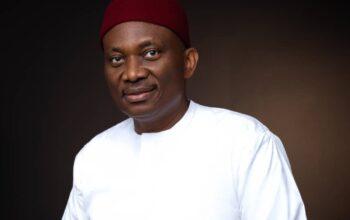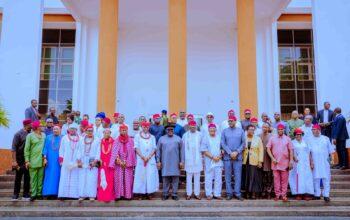The Federal High Court in Abuja on Thursday rejected a suit seeking the removal of Chiedu Ebie as Chairman of the Niger Delta Development Commission (NDDC). Justice Joyce Abdulmalik delivered the judgment, dismissing the case brought by oil-producing communities in Bayelsa and Delta states, who challenged Ebie’s appointment by President Bola Tinubu.
The communities argued that Ebie, appointed by President Tinubu in August 2023, was not eligible to lead the NDDC, claiming he does not represent the area with the highest oil production in the Niger Delta. They contended that the appointment violated provisions of the NDDC Act, which stipulates that the chairperson must come from the region with the highest oil output.
In her ruling, Justice Abdulmalik held that the case was statute-barred, as the plaintiffs failed to file the suit within the three-month window required by law following Ebie’s appointment.
Aside from President Tinubu, other defendants in the suit, were; the Senate President, the Attorney-General of the Federation, the NDDC and Ebie himself.
The communities told the court that though the 5th defendant, Ebie, is from an oil producing community, however, “the oil produced therefrom is insufficient, thus by the provisions of the law, he is unqualified for appointment as the Chairman of the 4th defendant’s board (NDDC).”
Though the suit marked: FHC/ABJ/CS/28/2024, was initially brought before the court by three oil producing communities in Ekeremor Local Government Area of Bayelsa State- Bisangbene, Agge and Amatu1- through their leaders, Chief Goodnews Gereghewei, Chief Eddy Brayei and Mr Jonah Engineyouwei. However, communities in Delta state later applied and were joined as plaintiffs in the matter. Whereas Chief Jerry Mulade-Aroh represented Gbaramatu Kingdom, Mr Jolomi Itsekure stood in for Itsekiri Oil and Gas producing communities, while Hon. Friday Ugedi represented Egbema Kingdom in Delta state.
Delivering judgement in the matter on Thursday, Justice Abdulmalik held that the case of the plaintiffs had become statute barred.
She held that the plaintiffs failed to institute the action within three months after President Tinubu made the appointment, as prescribed by the law.
The court noted that while Ebie was appointed to head the NDDC on August 29, 2023, the plaintiffs filed the suit on January 11, 2024, stressing that section 24(1) and (2) of the NDDC Act placed a limitation on the litigants.
More so, the court held that the suit was not properly commenced as the plaintiffs failed to seek its leave to apply for a judicial review of President Tinubu’s action.
The court held that since the suit was not properly initiated, it, therefore, lacked the requisite jurisdiction to grant any of the reliefs that were sought by the plaintiffs. Consequently, it dismissed the suit and held that all the issues that were raised by the plaintiffs had become academic.
President Tinubu and the AGF had through their lawyer, Mrs. Maimuna Lami Ashiru, challenged the competence of the suit. Likewise, counsel for the National Assembly, Mr. Umaru Jibril, as well as that of the NDDC and Ebie, Mr. Emmanuel Akumaye, urged the court to dismiss the suit for want of merit.










